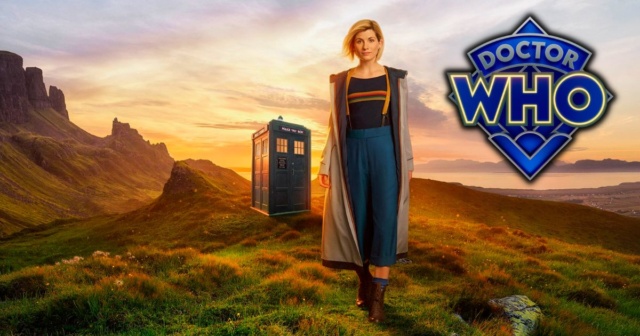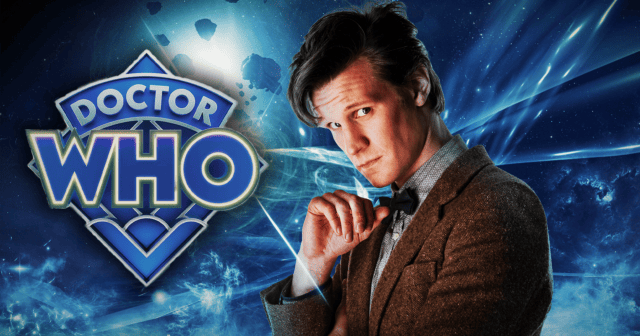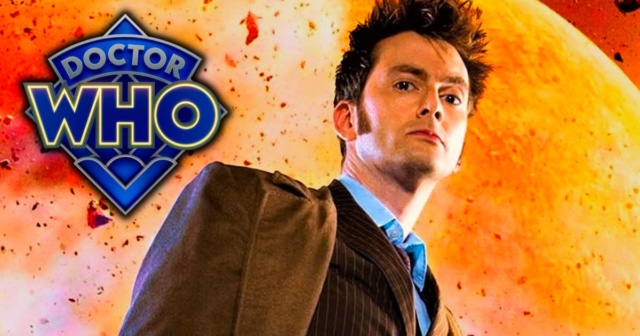Best Peter Capaldi’s Twelfth Doctor Episodes of ‘Doctor Who’
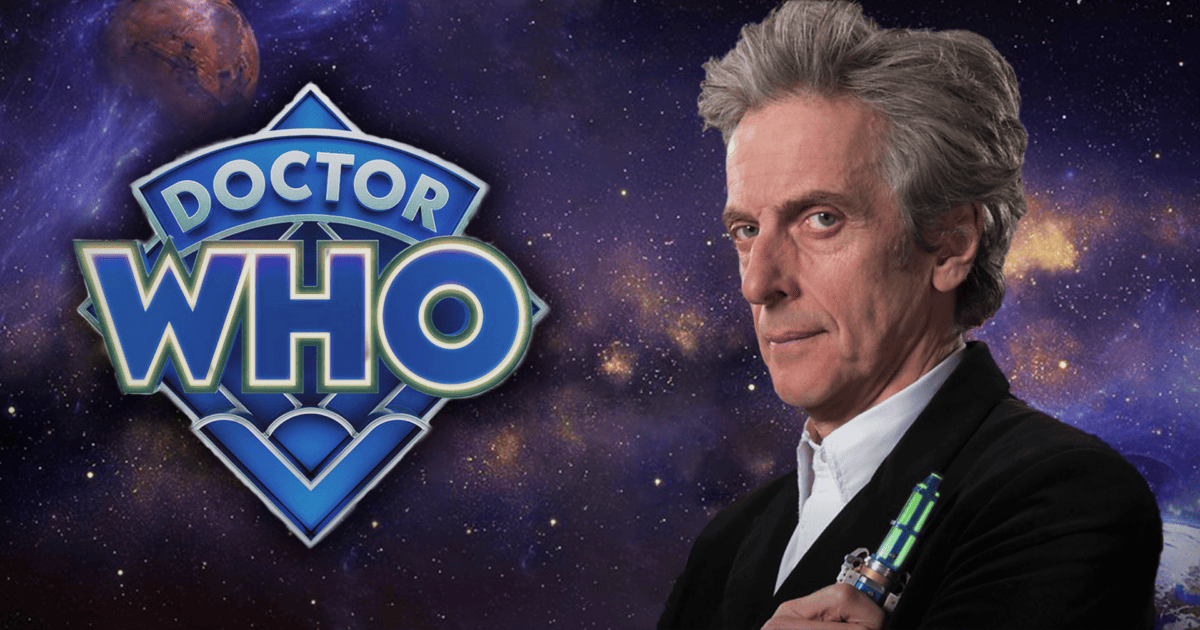
The 12th Doctor’s adventures had a rough start. When Matt Smith left the post, people thought Peter Capaldi’s incarnation would be as funny and childlike as he was. But it was the other way around. Seasons 8 to 10 introduced viewers to a fresh perspective on the Time Lord, marked by introspection, growth, and a series of incredibly serious episodes. So, let’s delve into the six best episodes of the Twelfth Doctor’s era.
[Warning: Spoilers from Doctor Who are below!]
“Listen” written by Steven Moffat (season 8, episode 4)
“Listen” is one of the tensest episodes of Doctor Who. It stands out due to its masterful mix of psychological tension, intrigue, and exploration of universal human fears. The episode opens with the Doctor’s contemplation on the idea of creatures that hide in plain sight and spy on us. He asks questions that are really logical like “Why do we talk out loud, when we know we’re alone?” or “Why is there no such thing as perfect hiding?”.
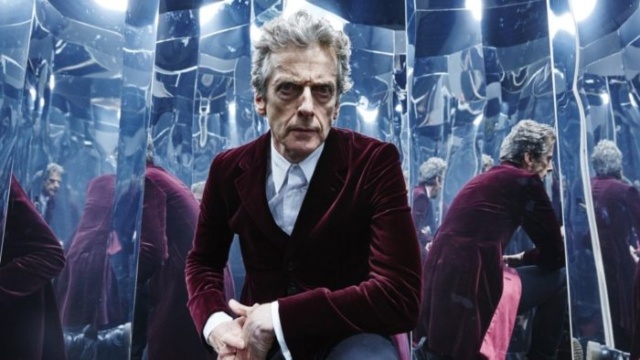
Well, the answer is, that there is always a creature that listens to us, which is a clue to this whole episode. It’s such a weird experience full of paranoid moments to freak viewers out while watching. Why? Because we all had that one moment in our lives when we felt something weird happening.
In this episode, we see non-linear storytelling with three separate timelines. By creating an intricate puzzle that keeps the audience engaged and intrigued, Moffat wrote a story that connects different people from different countries, with varying differences by one shared experience. It’s so good, that whenever I’m rewatching Twelfth Doctor stories, this one is really giving me creeps.
“Kill the Moon” written by Peter Harness (season 8, episode 7)
This episode is definitely one of the most intriguing in the Twelfth Doctor’s era. It gives different vibes with each scene, showing viewers different points of view. By doing so, it forces on them different moral and ethical dilemmas that lead to this episode’s final conclusion. And it is focused on human evolution and our responsibilities to the universe.
The whole story is full of mysteries and hidden allegories that represent various things in our lives. The moon represents a mystery and unknown that humans usually see as a danger. It examines and challenges humans to show their real nature. Also, the allegory that makes an egg of our moon, that gives birth to a creature, shows an evolution and a natural circle of life. Something dies, so something may be born.
I personally feel that this episode is not only one of the best but also one of the most underrated episodes of Peter Capaldi’s era as the Doctor. “Kill the Moon” explores human mentality and our evolution throughout the years. It shows us the inevitable conclusion – we’ll always be scared of the unknown, and we’ll never think about the big picture. This is perfectly demonstrated in a scene where there is a dilemma about whether to blow up the moon or not.
”The Zygon Invasion” / “The Zygon Inversion” written by Peter Harness and Steven Moffat (season 9, episodes 7-8)
A two-part story story focused on the Zygon Invasion on Earth shows viewers problematic themes of identity, fear, and diplomacy. The main objective is to show that the Twelfth Doctor is a role model as a moral compass for humanity. But he’s also something more, he’s their teacher and their defender. The story revolves around the Zygons, a shape-shifting alien species that has integrated with Earth society using the “Osgood Box”.
It is a device designed to prevent violence after the events of the 50th-anniversary episode. However, tension escalates as a rebel faction of Zygons seeks to break the peace and get their independence. It’s actually a great picture of the current worldwide situation that revolves around immigrants, cultural assimilation, and the very difficult task of maintaining worldwide peace.
The best part of this two-part episode is the Doctor’s emotional speech that was delivered in a fury mixed with sadness, compassion, and intensity.
“[…] This is a scale model of war. Every war ever fought right there in front of you. Because it’s always the same. When you fire that first shot, no matter how right you feel, you have no idea who’s going to die. You don’t know whose children are going to scream and burn. How many hearts will be broken! How many lives shattered! How much blood will spill until everybody does what they’re always going to have to do from the very beginning.”
“Sit down and talk! Listen to me, listen. I just. I just want you to think. Do you know what thinking is? It’s just a fancy word for changing your mind. […]”
“I fought in a bigger war than you will ever know. I did worse things than you could ever imagine, and when I close my eyes… I hear more screams than anyone could ever be able to count! And do you know what you do with all that pain? Shall I tell you where you put it? You hold it tight… Til it burns your hand. And you say this, ‘No one else will ever have to live like this. No one else will ever have to feel this pain. Not on my watch!’.”
It certainly is one of the most outstanding and defining moments of Peter Capaldi’s era as the Doctor, promoting understanding and peace in the face of conflict.
“Heaven Sent” written by Steven Moffat (season 9, episode 11)
In this mysterious and mind-bending episode, the Doctor finds himself trapped in a mysterious castle, facing a relentless threat and a puzzle he must solve to escape. He’s the only person in it, and there’s no one to help him. Peter Capaldi’s performance makes it even more intriguing and fascinating to watch. The main object of this episode was to show how the Doctor deals with grief after Clara’s (Jenna Coleman) death.
He’s determined to solve this puzzle which allows us to thoroughly explore the Doctor’s mind, and how he behaves when he’s all alone. With a minimal amount of dialogue, Capaldi’s performance focuses on his facial expressions and body language. He conveys a range of emotions, starting with anger and confusion and finishing with sorrow and desperation. Also, it’s the only episode in the New Who era (so far) that doesn’t have any supporting character in it, which only lets Capaldi shine more.
”Heaven Sent” gets even more interesting when we learn Doctor is trapped in a time loop he created to stay alive. Every time he tries to escape by trying to crack a huge wall made of Azbantium (a mineral harder than a diamond), he gets a deadly burn by a monster who follows him. With his last breath, he uses a device that brings him back. It really adds more depth to the Doctor and this episode, as we see him being trapped there for billions of years.
“World Enough and Time” / “The Doctor Falls” written by Steven Moffat (season 10, episodes 11-12)
The two-part episode “World Enough and Time” / “The Doctor Falls” is one of the darkest and one of the most inspirational episodes in Doctor Who. It perfectly grabs the emotional depth of the Doctor, giving us iconic performances from the cast, and provides a unique ending. The best thing about this episode is exploring the morality of different characters and why they do what they do.
Due to an accident Bill (Pearl Mackie) is killed and transformed into Mondasian Cyberman by John Simm’s Master. Doctor and Nardole (Matt Lucas) must find a way to fix it while saving people living on the lower deck of the ship from Cyberman.
”The Doctor Falls” solemnly focuses on the Doctor’s legacy and his ability to regenerate. He lived for far too long and believes that it doesn’t matter If he lives or dies. He doesn’t want to ‘’die’’ again and become somebody else. So as his last act, he tries to make Master & Missy (Michelle Gomez) understand why he does what he does by giving a hell of a performance with another iconic monologue:
“Winning? Is that what you think it’s about? I’m not trying to win. I’m not doing this because I want to beat someone, or because I hate someone, or because, because I want to blame someone. It’s not because it’s fun and God knows it’s not because it’s easy. It’s not even because it works, because it hardly ever does. I do what I do, because it’s right! Because it’s decent! And above all, it’s kind. It’s just that. Just kind. If I run away today, good people will die. If I stand and fight, some of them might live. Maybe not many, maybe not for long.”
“Hey, you know, maybe there’s no point in any of this at all, but it’s the best I can do, so I’m going to do it. And I will stand here doing it till it kills me. You’re going to die too, someday. How will that be? Have you thought about it? What would you die for? Who I am is where I stand. Where I stand, is where I fall. Stand with me. These people are terrified. Maybe we can help, a little. Why not, just at the end, just be kind?”
“Twice Upon a Time” written by Steven Moffat (2017 Christmas Special)
Peter Capaldi’s final episode as the Twelfth Doctor, “Twice Upon a Time” presents viewers with a unique meeting with the First Doctor (David Bradley). The episode explores the nature of change and the essence of the Doctor’s character. It’s the final story of the Twelfth Doctor who doesn’t want to regenerate. So the idea of showing that the First Doctor didn’t want to do it as well in the past is pretty meaningful to the story.
Changing the course of history was always part of the Doctor’s adventures. This time he saves Captain Lethbridge-Stewart (Mark Gatiss) during World War I. By placing him at the place of the so-called “Christmas truce” he sees that the universe needs him, and no one else can replace him.
“Twice Upon a Time” serves as a perfect conclusion to Peter Capaldi’s era, as we see Bill again who reminds the Doctor why he’s so important to the whole universe. He also has a chance to say goodbye to Clara whom he erased from his memory just to save her. It’s a really emotional ending especially for me, because Capaldi is my favorite incarnation of the Doctor. He leaves with such grace and dignity, which makes it even more emotional.
What are your favorite episodes with Peter Capaldi’s Twelfth Doctor?
Adventures of the Twelfth Doctor are marked as some of the more serious and darker ones. Exploring this era encapsulates the Doctor’s journey of self-discovery, compassion, and heroism. Peter Capaldi definitely became another iconic incarnation of Doctor, and he’ll stay as one for a long time.
Doctor Who will return in November with new episodes. Did you like the Twelfth Doctor’s era? What is your favorite episode? Let us know on Twitter and in our own Discord channel.
Best Jodie Whittaker’s Thirteenth Doctor Episodes of Doctor Who
Best Matt Smith’s Eleventh Doctor Episodes of Doctor Who

